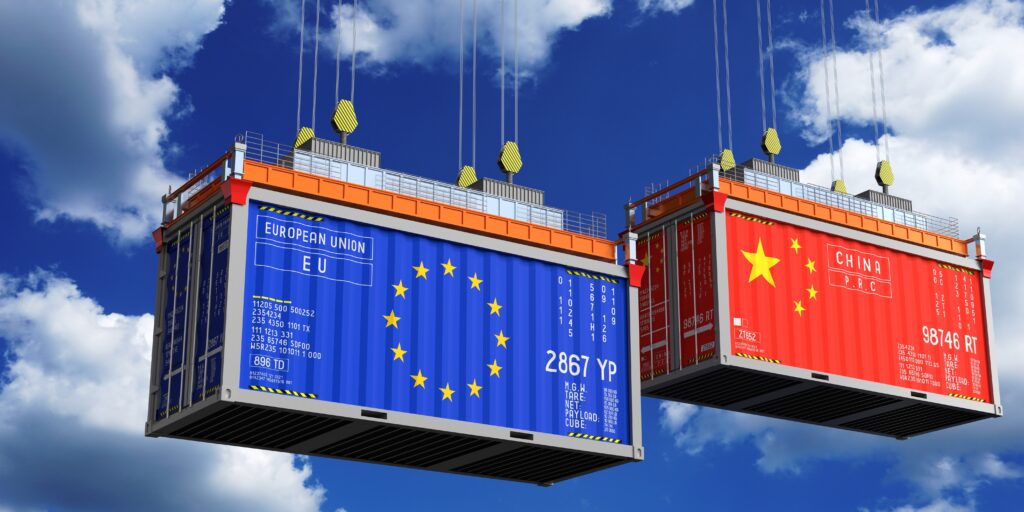China’s Ministry of Commerce (MOFCOM) is set to hold a public hearing on October 31 on the anti-dumping investigation into EU pork products.
In early September, China announced it has placed ‘initial’ anti-dumping duties of up to 62.4% on EU pork imports worth over $2 billion, following an investigation into various countries, sparked by the EU’s imposition of tariffs on Chinese electric vehicles last year.
China focused its investigation, which was launched in June 2024 and then extended further this summer, on a small number of Spanish, Danish and Dutch firms. Companies that collaborated with the investigation, including a number of big EU pork players, received duties ranging from 15.6% to 32.7%, but all other firms were assigned 62.4%.
This week’s hearing will focus on key issues in the preliminary determination of the probe, including dumping practices, damage to China’s domestic industry, and the causality between the two, Global Times reports.
Envoys from the EU, Belgium, Denmark, Finland, and Austria, as well as representatives from meat producers and industry associations in Spain, the Netherlands, and France, and the China Animal Agriculture Association will attend the hearing and deliver statements. Representatives from other European embassies and Chinese enterprises, will also participate, according to the MOFCOM.
MOFCOM’s announcement noted that participants are required to present their views in the prescribed order and bear confidentiality obligations concerning any business secrets involved, the Global Times added.
The decision came at the request of a joint application by the European Commission and France’s pork industry association, Le Porc Francais (INAPORC), per the MOFCOM notice.
The tariffs have contributed to difficult market conditions for EU pork sectors, notably Spain. Spanish media recently reported that Europe’s pork industry may ultimately pay the price for problems caused by the automotive sector, with several Spanish pork industry associations and companies urging both sides to resolve the frictions through dialogues to achieve mutual benefits, Global Times adds.




